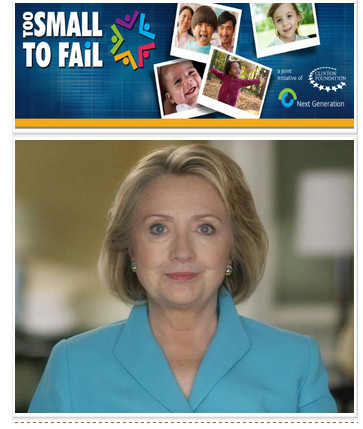|
Decades
of research have shown that positive interactions between parents and
children have a major impact on the development of children’s brains.
When babies are first born, they look for the warmth of their mothers to
help them feel safe and secure. As children develop, how their parents
respond to their needs shapes their emotional, mental and social
well-being.
Without
nurturing from parents and caregivers, very young children have
difficulty developing the emotional and cognitive skills they need to
process the world around them. In short, they have greater difficulty
learning.
A
parent’s response to cries from her baby – or to her cooing – helps the
baby learn the fundamental mechanics of human communication. In fact,
babies whose cries are ignored often are challenged in vocabulary
development later on. This is because a baby’s efforts at communication
need to be met with a back-and-forth from the people closest to her in
order to encourage her to continue to communicate, and eventually learn
to use her words.
There
are many ways that parents and caregivers can be responsive to their
babies’ needs, and help them develop emotional and mental security. When
a baby cries, parents can pick their babies up and cuddle, rock or sing
to them. Other non-verbal actions like gazing into a baby’s eyes,
stroking their heads and backs, and breastfeeding or holding them close
while bottle-feeding help them relax and feel safe.
For
parents and caregivers who feel challenged by their infant care-taking
responsibilities, programs across the country like the Early Head Start
program have been designed to support children and their families, and
help promote safe and secure relationships for better children’s
development.
Read More:
In the News:
|



